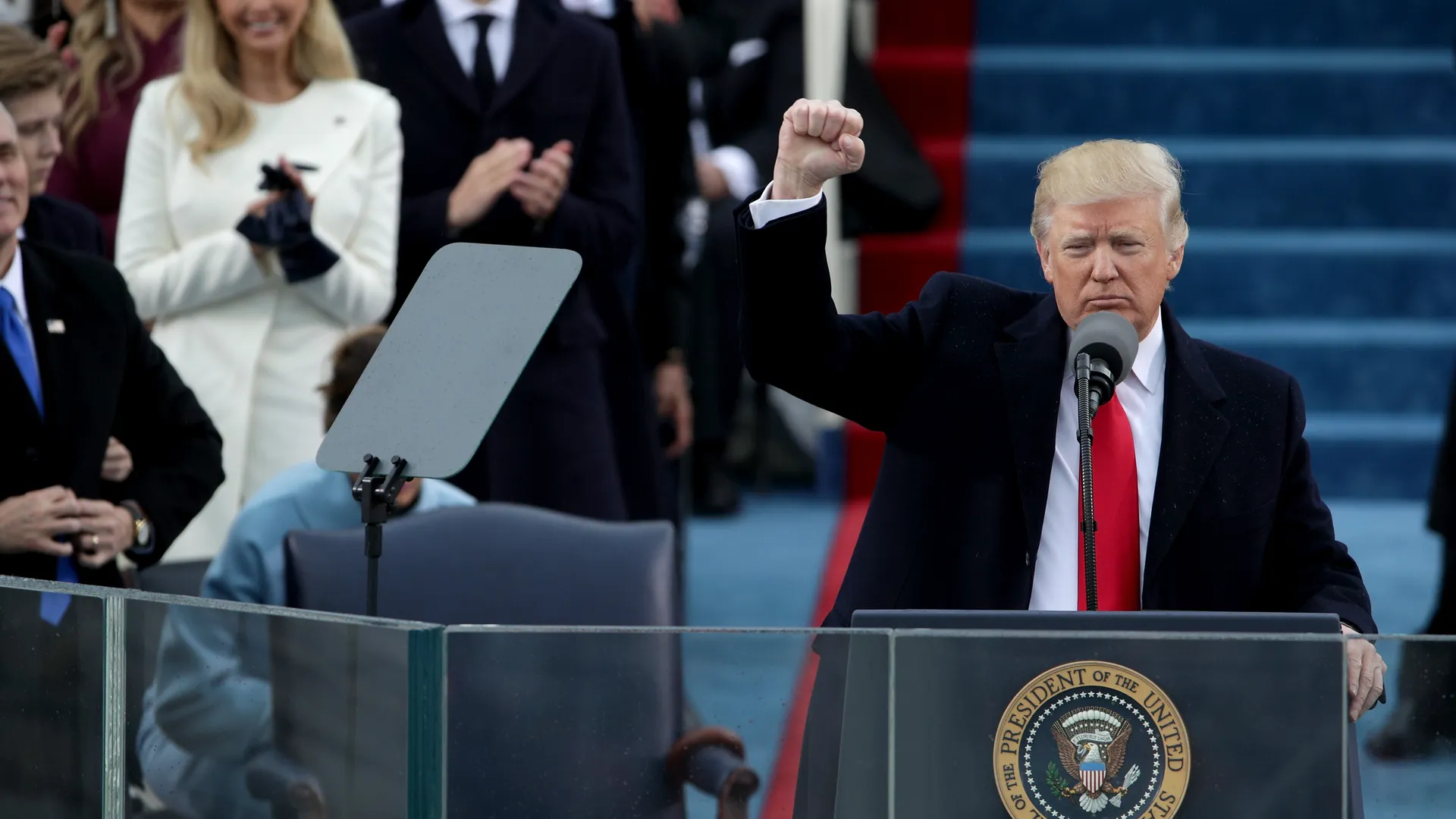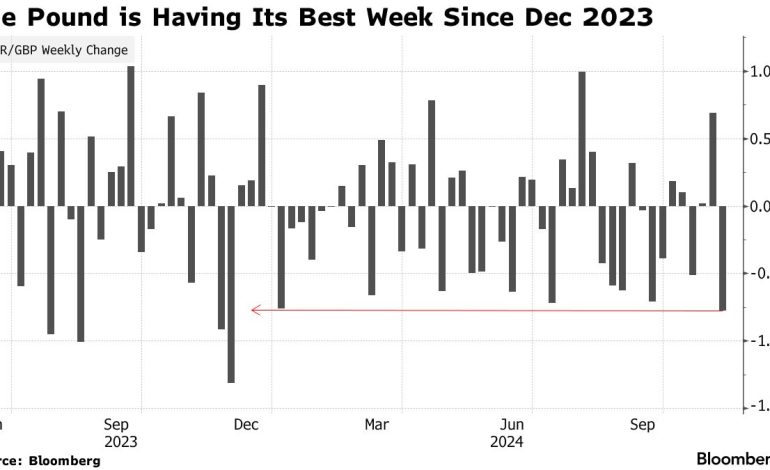A dramatic shift in market sentiment has led to a rebound in the British pound, a surprising turn just ten days after the UK’s budget announcement sparked a selloff, Bloomberg reports.
Investors are now betting on a strengthened pound, with banks like JPMorgan Private Bank and Credit Agricole SA predicting further gains.
The pound is poised to snap its longest losing streak against the dollar in six years and is on track for its best weekly performance against the euro in 2024. This surge is driven by a confluence of factors, including a hawkish tone from the Bank of England, political uncertainties in Germany and the US, and a perceived resilience in the UK’s services-driven economy.
BoE’s Cautious Approach and Political Headwinds
The Bank of England’s decision to cut interest rates by a quarter point but avoid signaling further easing has calmed markets. Traders have reduced bets on additional rate cuts, with a 16% chance of another quarter-point reduction in December compared to 25% prior to the meeting.
Meanwhile, political turmoil in Germany, with the collapse of the ruling coalition and upcoming elections, is fueling concerns about increased bond issuance, potentially driving investors towards British gilts. The potential for US President Donald Trump to impose tariffs on allies and foes alike also plays a role. The UK’s position as the world’s second largest exporter of services suggests it could be less vulnerable to trade restrictions.
Short-Term Gains and Long-Term Uncertainty
While the recent rebound seems strong, some analysts remain cautious. Jefferies currency head Brad Bechtel advises against positioning for pound strength against the dollar, suggesting the dollar could benefit from the Federal Reserve needing to counter inflationary policies from the incoming Trump administration.
Despite the potential for future volatility, the pound’s current surge is fueled by a combination of short-term factors. The UK’s services-focused economy, the Bank of England’s tempered approach to rate cuts, and political uncertainty in other major economies are all contributing to the pound’s unexpected rebound.









